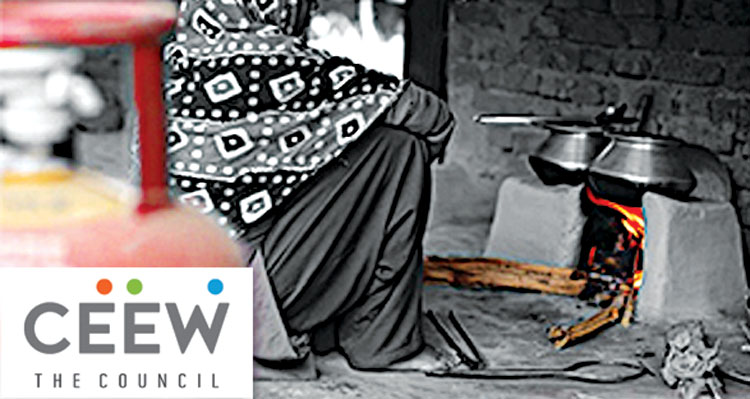New Delhi, September 6 (FN Agency) As many as 84 per cent of households that use traditional solid fuels along with LPG cite high cylinder costs as one of their reasons for stacking fuels, as per a survey by Council on Energy, Environment and Water (CEEW). The survey noted that LPG prices have risen by Rs 240 per cylinder (a 40 per cent hike) over the past one year. “Lower household incomes during the pandemic and the suspension of LPG subsidies in May 2020 have made LPG unaffordable for a section of the population,” the CEEW said.
Other reasons for fuel stacking include a preference for cooking on traditional chulhas (72 per cent of households), the availability of free biomass (59 per cent of households), and the limited availability of LPG refills (46 per cent of households). The study highlighted that LPG coverage and its use as a primary cooking fuel should be particularly improved in the rural areas of Bihar, Jharkhand, Madhya Pradesh, Odisha, and West Bengal. Shalu Agrawal, Senior Programme Lead, CEEW, said that government deserves much credit for its efforts to expand clean cooking energy access but 15 per cent of Indian households still lack LPG connections. “Phase II of PMUY should focus on bridging the coverage gap through targeted beneficiary identification, improved enrolment processes, and awareness campaigns.
Further, policymakers should prioritise reinstating LPG refill subsidies to wean consumers away from solid fuels, which disproportionately impact the health of women and children,” said Agrawal. Prime Minister Narendra Modi last month launched Pradhan Mantri Ujjwala Yojana (PMUY) 2.0 which seeks to provide free LPG connections to 1 crore poor and migrant families in the country. The survey revealed that more than 70 per cent of Indian households use LPG as their primary cooking fuel and 85 per cent have LPG connections. However, as many as 54 per cent households continue to use traditional solid fuels, either exclusively or by stacking them with LPG. CEEW’s findings are from the India Residential Energy Survey (IRES) 2020, conducted in collaboration with the Initiative for Sustainable Energy Policy (ISEP). The Survey, conducted before the pandemic in FY 19-20 covered nearly 15,000 urban and rural households across 152 districts in India’s 21 most populous states, a CEEW statement said.

